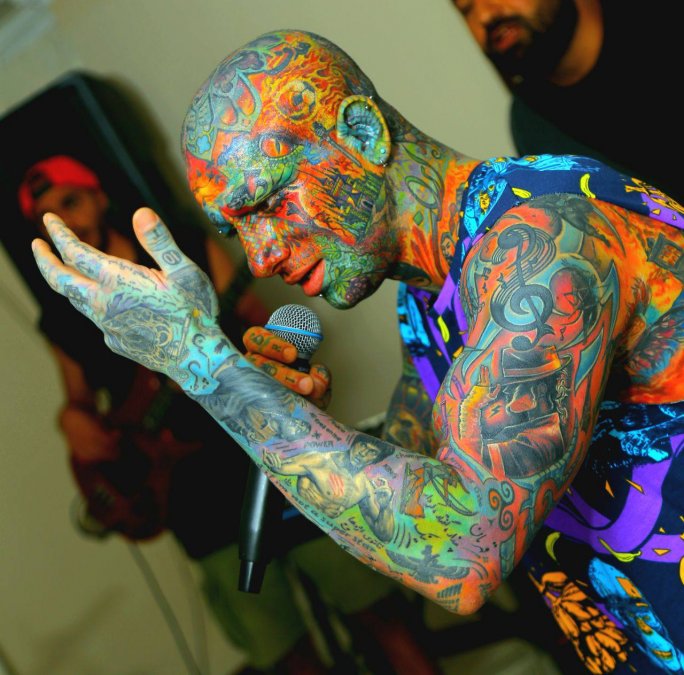Psychological and Legal Examination of Amir Tataloo’s Actions
For several consecutive years, Amir Tataloo has been a topic of discussion in the media, from his famous meeting with Ebrahim Raisi, the current president, during his election campaigns in 2017, to his move to Turkey where he caused numerous controversies that echoed everywhere. However, with his deportation back to Iran and the substantial legal case formed against him in Turkey, it seems he may have reached the end of the line.
Perhaps the most sensational action of Tataloo in recent years was the uproar over his marriage to Sahar Ghoreishi, a young Iranian actress. Sahar, who had gone to Turkey following the production of the series ‘Nissan Abi,’ claimed she visited Tataloo’s house for a friendly three-day visit but was forced to stay imprisoned for about six months. Before this revelation, both had shown themselves to be deeply infatuated with each other, but after a few months, their controversies began, the situation changed, and after several loud arguments, both announced on their social media pages that they had separated and regretted the relationship.
Mohammadreza Imani, a psychologist, says Tataloo is a symbol and product of a part of our society, just as his fans are part of that same society, indicating that a segment of society is damaged and troubled.
Alireza Sharifi Yazdi, a sociologist, states that antisocial individuals do not adhere to societal values and rules and see no reason to do so, often drawing others towards themselves. In the specific case of Tataloo, one must consider psychological disorders, but on the other hand, the thriving market has also influenced his situation.
Sara Bagheri, a lawyer and women’s rights activist, notes that considering Article 21 of the Cyber Crimes Law, which outlines the instances of criminal content in cyberspace, there seem to be serious charges against him, ranging from spreading immorality and corruption, incitement, encouragement, rivalry, threat, and invitation to corruption and immorality, to committing crimes against chastity or sexual deviations under section B of Article 15 of the Cyber Crimes Law and Article 639 of the Islamic Penal Code, as well as the publication and distribution of content contrary to public decency under Article 14 of the Cyber Crimes Law, to encouraging youth through permissiveness and insulting, sexually and physically harassing women and girls under 18, and disturbing public peace await him.

